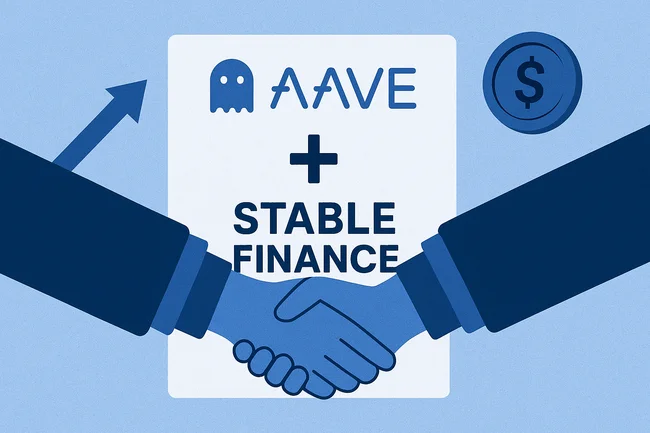The gig economy refers to a labor market characterized by short-term, flexible jobs, often facilitated by technology platforms. In this setup, individuals work as freelancers or independent contractors, rather than traditional employees with fixed hours and salaries.In recent years, cryptocurrencies have started playing a vital role in this economy. Many platforms allow freelancers to receive payments in digital currencies, offering faster transactions and lower fees compared to traditional banking methods. This can be especially useful for international work, where currency exchange rates and transfer costs can pose challenges.Additionally, blockchain technology enhances trust and transparency in these transactions. Smart contracts can automate payment processes based on completed work, ensuring that freelancers get paid immediately after fulfilling their responsibilities. Moreover, tokens and rewards systems are emerging, enabling platforms to incentivize engagement and loyalty among gig workers. As a result, the integration of cryptocurrencies into the gig economy offers more flexible payment options, security, and opportunities for workers to earn in new and innovative ways.

China Reaffirms Strict Oversight on Virtual Currencies at Financial Street Forum
China’s central bank reiterated its tough stance on virtual currency activities as the 2025 Financial Street Forum Annual Meeting opened



